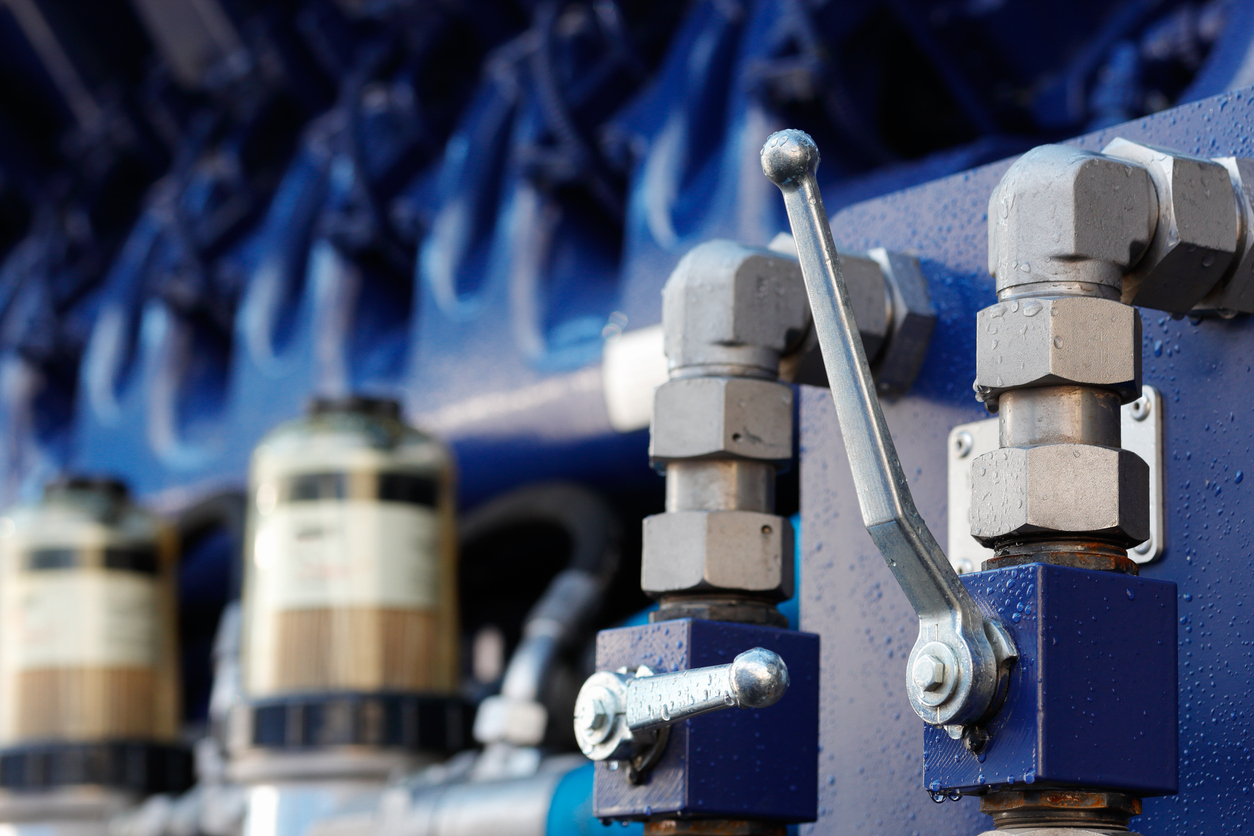Understanding the Tariff Impact on Automotive Parts
The automotive industry is highly sensitive to global trade dynamics, and one of the critical factors influencing cost, supply chains, and pricing is tariffs. For businesses involved in importing, exporting, or distributing automotive parts in Africa, understanding the tariff impact on automotive parts is essential to maintain profitability and efficiency.
How Tariffs Affect Automotive Parts Pricing
Tariffs are taxes imposed by governments on imported goods. When applied to automotive parts, these charges can significantly increase the cost for importers and distributors. For example, a 10% tariff on engine components may increase the landed cost, forcing businesses to either absorb the cost or pass it on to consumers.
The direct impact is usually seen in:
-
Higher procurement costs for spare parts and components.
-
Increased retail prices for vehicles or replacement parts.
-
Pressure on margins for wholesalers and distributors.
Wigmore Trading helps clients navigate these challenges by sourcing quality automotive parts at competitive prices while factoring in potential tariff costs.
Tariff Variations Across Regions
Tariff rates are rarely uniform. They vary depending on the country of origin, type of automotive part, and trade agreements in place. For instance:
-
Some countries impose lower tariffs on parts classified as essential for vehicle safety.
-
Others may have protective tariffs to encourage local manufacturing.
-
Trade agreements, such as the African Continental Free Trade Area (AfCFTA), can reduce or eliminate tariffs between member countries.
Understanding these variations allows businesses to optimize sourcing strategies. Wigmore Trading’s network of suppliers across Africa and Asia ensures clients can access parts from regions with favorable tariff conditions.
Challenges Posed by High Tariffs
High tariffs can create several challenges for businesses in the automotive sector:
-
Supply Chain Disruptions: Businesses may delay orders or seek alternative suppliers to manage costs.
-
Reduced Competitiveness: Higher costs make locally imported parts less competitive compared to locally manufactured alternatives.
-
Budget Planning Complications: Fluctuating tariffs make financial forecasting difficult, affecting operational efficiency.
Practical solutions include strategic sourcing, bulk purchasing, and exploring trade agreements. Wigmore Trading supports businesses by identifying reliable suppliers and helping plan procurement strategies that mitigate tariff-related risks.
Strategic Approaches to Minimize Tariff Impact
Businesses can adopt several strategies to reduce the negative effects of tariffs:
-
Diversified Sourcing: By sourcing from multiple regions, companies can minimize reliance on high-tariff countries.
-
Leveraging Trade Agreements: Identifying countries with preferential trade terms can substantially reduce costs.
-
Efficient Logistics Planning: Consolidating shipments and optimizing transport routes lowers overall costs despite tariffs.
-
Inventory Management: Holding strategic stock levels ensures continuous supply while tariffs fluctuate.
Wigmore Trading not only provides access to quality automotive parts but also offers insights on sourcing strategies that optimize cost-effectiveness in the face of tariffs.
The Role of Wigmore Trading in Mitigating Tariff Challenges
For businesses importing or distributing automotive parts, Wigmore Trading serves as a trusted partner. The company:
-
Helps identify suppliers with the best value considering tariff implications.
-
Provides guidance on documentation and customs procedures to avoid unnecessary fees.
-
Supports bulk procurement and logistics planning to minimize costs.
By working with Wigmore Trading, businesses can confidently navigate the complexities of global tariffs while maintaining supply chain stability and competitiveness.
Preparing for the Future
As global trade policies evolve, tariffs on automotive parts may continue to fluctuate. Companies must stay informed and proactive. Regularly reviewing sourcing strategies, monitoring trade agreements, and working with experienced partners like Wigmore Trading ensures businesses can respond effectively to changes in tariff structures.
Whether you are a distributor, retailer, or automotive service provider, understanding and planning for the tariff impact on automotive parts is critical. Wigmore Trading can help.
Get in touch with our team to learn more about sourcing strategies and cost optimization.








Comments are closed.